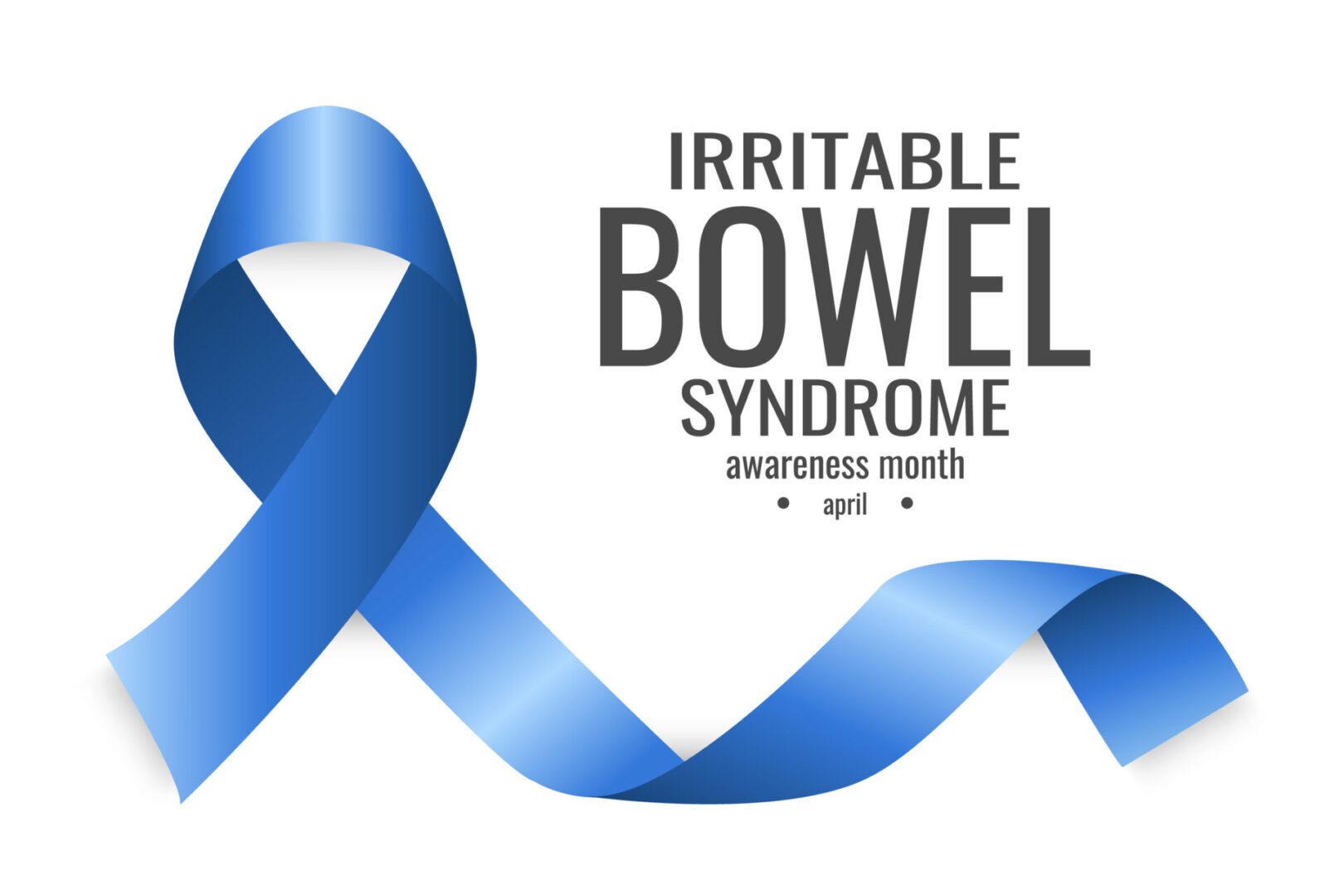Search by Color or Cause


Irritable Bowel Syndrome Awareness Month, observed in April, raises awareness about IBS. This event encourages people who have symptoms of IBS to seek medical advice. The awareness ribbon color associated with Irritable Bowel Syndrome / IBS is periwinkle blue.
Irritable Bowel Syndrome Awareness Month advocates strive to reduce the stigma associated with IBS by encouraging people to talk more about this condition. For example, Irritable Bowel Syndrome, or IBS, is a disorder in which a person experiences chronic, recurrent bowel problems and abdominal pain. Bowel problems may include constipation, diarrhea, pain, or a combination of these. While the cause of IBS is not known, it is thought that the symptoms of IBS are brought on by a disruption to the interaction between brain, nervous system and gut.
Every child has a tummy ache now and then. Or a bout of diarrhea or constipation. But when that ache becomes chronic abdominal pain, week after week, it’s time to find out what’s going on. Often, the first step is to consult with your child’s pediatrician to see if he or she needs to be evaluated.
Irritable bowel syndrome (IBS) is a common condition that afflicts more than 20% of children ages 6 to 18. Its symptoms vary and may mimic those of other gastrointestinal disorders, which makes it difficult to diagnose. Common symptoms may include:
Your pediatrician will probably start with some basic lab tests to rule out other disorders whose symptoms are similar to those of IBS, such as celiac disease, colitis, peptic ulcer, or inflammatory bowel disease. He or she will likely then want you to see a pediatric gastroenterologist.
To clarify, people sometimes confuse IBS with inflammatory bowel disease (IBD). IBD is a totally different condition, in which there is inflammation in the intestine that is discovered through detailed testing. With IBS, there is no inflammation or any other pathological findings, which makes it difficult to treat.
The brain and the gut have a very close relationship. Anything that interferes with the gut-brain axis can result in exaggerated or altered perception of gut pain by the brain, resulting in the inability of the brain to perceive those signals correctly. This can trigger chronic abdominal pain and/or other symptoms.
And what factors can interrupt those gut-brain communications? “Stress,” says Dr. Aggarwal. “Anxiety, loneliness, and lack of sleep. Everyone reacts differently to these stressors, but for many children they can result in abdominal pain, diarrhea, constipation, nausea, or other gastrointestinal disorders that together can fall in the category of IBS.”
Though stress doesn’t necessarily cause IBS, it can trigger flare-ups of abdominal pain and other symptoms.
In addition, symptom management may include some of these approaches:
Every child is different, and it may take several months to find the right mix of treatments that work best to control IBS flare-ups. You may also want to consult with a dietitian for more information about dietary modifications for IBS.
The best efforts don’t always result in diminishing IBS symptoms. For example, in some children, having a viral infection can trigger a flare-up, but once the infection is gone, the flare-up continues. The same may be true with any other stressor that goes away but leaves the IBS symptoms intact.